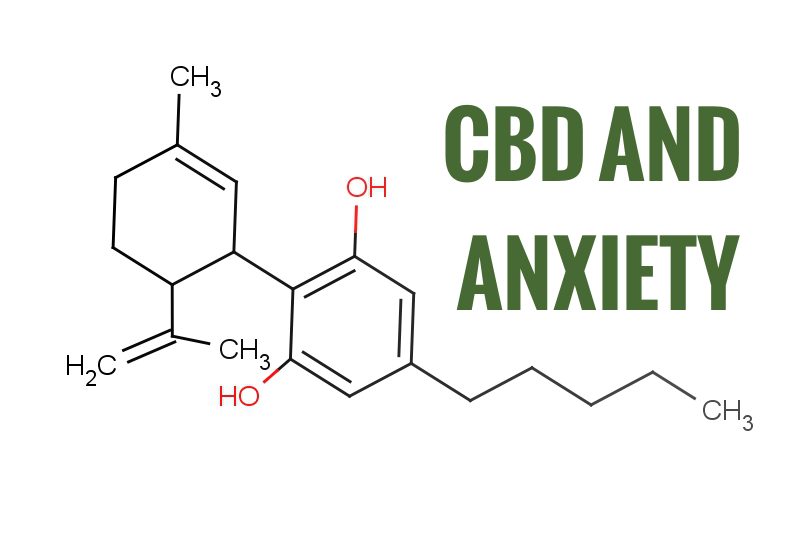As the global cannabidiol (CBD) market continues to expand, consumers have what seems like an infinite array of brands and products to choose from. And even those who live in places where their access to CBD is a bit more limited, options of course abound online. So how does one sift through all these choices to select a product that is safe and reliable to suit their needs?
Cannabis vs Hemp
For those who are CBD-naive, it’s important to note some key differences between products. Those living in a US state (or country) where cannabis is fully legalized, or those who are medical cannabis patients, can purchase cannabis-based CBD. Those who do not live in such a place can purchase hemp-based CBD (if it contains less than 0.3% tetrahydrocannabinol, or THC). While hemp-based CBD can be effective in treating a variety of conditions, hemp-based CBD has low levels of CBD. [1] So, if you’ve tried hemp-based CBD and it hasn’t had any effect, it may be due to its lower concentration of CBD.
Location, Location, Location
If you are interested in trying hemp-based CBD, the next thing to consider is where your product was sourced. Unfortunately, the industry is struggling with a lack of standardized testing. A benefit of buying products online is that you often have access to greater information than if you were to purchase your CBD in a vape shop. However, if you cannot find where the product came from, definitely pass on that purchase. Before buying CBD, ensure that you know the company that produced the product and where the hemp was grown.
Testing 1-2-3
Hemp is grown for industrial purposes, and hemp-based CBD is often created as a
by-product. Therefore, there is a chance that your CBD could contain pesticides and other chemicals that were used in the growing process.[2] Before purchasing a product online or in stores, be sure to research how the company sources its hemp.
Product Purity
A study published in the Journal of the American Medication Association evaluated 84 CBD products sold by 31 different companies. They found that less than one-third of the these products were accurately labeled – meaning that the majority of products had significantly lower levels of CBD than they claimed.[3] While this data is certainly alarming, reputable companies should always list a certificate of analysis for each product they sell on their web site. If you cannot locate this information, you cannot be sure of the purity of your purchase.
Of course, there are many other factors to consider, such as taste and smell, ease of use, and, of course, price. Before embarking on your search, think carefully about the type of product you would like to use to narrow down your choices. Then, when you’re ready to buy, make sure to check each product and company against the above criteria to ensure that you are getting a safe and reliable product.
Also, remember to be patient! It may take a few tries to figure out what you like and what best suits your needs. And, don’t worry, it doesn’t look like we’ll run out of CBD options anytime soon.
[Image]References
- Andre, C.M., Hausman, J., Guerriero, G., “Cannabis Sativa: The Plant of the Thousand and One Molecules”, Front Plant Sci, 2016, Volume 7, pg. 1-17.
- Hazekamp, A., “The Trouble with CBD Oil”, Med Cannabis Cannabinoids, 2018, Volume 1, pg. 65-72.
- Bonn-Miller, M.O., Loflin, M.J.E., Thomas, B.F., Marcu, J.P., Hyke, T., Vandrey, R., “Labeling Accuracy of Cannabidiol Extracts Sold Online”, JAMA, 2017, Volume 318, pg. 1708-1709.











